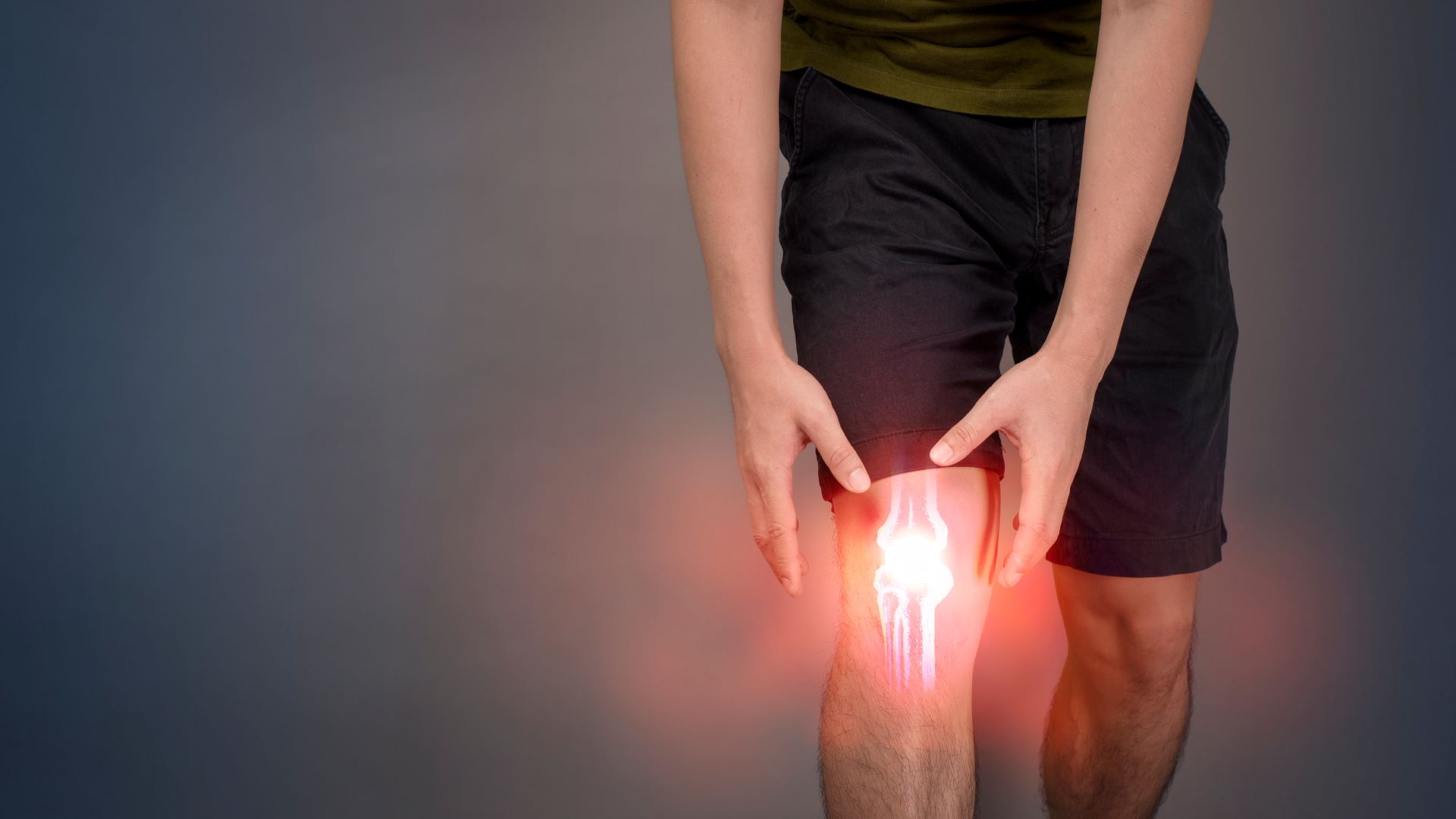Innovative Therapies for Neuropathy Relief
Neuropathy, a condition marked by nerve damage, affects millions globally and presents numerous challenges for those suffering from it. Understanding its causes and symptoms is vital for effective management and treatment. The condition often stems from underlying issues like diabetes, infections, and physical trauma, impacting daily life with symptoms such as numbness, tingling, and pain, primarily in the hands and feet.
Causes and Symptoms of Neuropathy
Neuropathy can arise from various causes. Diabetes is one of the most prevalent, where prolonged high blood sugar levels lead to nerve damage. Infections like shingles or Lyme disease are also culprits, as is physical trauma from accidents or surgeries. Autoimmune disorders, such as lupus or rheumatoid arthritis, can also trigger nerve damage by causing chronic inflammation. Exposure to toxins, including heavy metals or certain chemotherapy drugs, may contribute to neuropathy as well. Deficiencies in essential vitamins, particularly B vitamins, can impair nerve function and lead to symptoms.
The
symptoms
are diverse and can significantly hinder daily activities. Numbness, tingling, and pain in the extremities can make even simple tasks challenging. Muscle weakness, loss of coordination, and heightened sensitivity to touch may also develop, further complicating mobility and dexterity. In severe cases, neuropathy can cause burning sensations, sharp electric-like pain, or even complete loss of sensation, increasing the risk of unnoticed injuries. Some individuals may experience autonomic symptoms, such as dizziness, digestive issues, or abnormal sweating if the autonomic nerves are affected. Patients report balance issues, inability to sleep, and difficulty walking and enjoying life. Understanding these symptoms and their origins is essential for developing effective management strategies, including lifestyle changes, medications, and physical therapy.
Traditional Treatment Methods
Conventional treatments for neuropathy often involve medications and physical therapy.
Medications such as pain relievers and anti-seizure drugs aim to alleviate symptoms. Antidepressants, particularly tricyclics and serotonin-norepinephrine reuptake inhibitors (SNRIs), are also commonly prescribed to manage neuropathic pain. In some cases, topical treatments like capsaicin cream or lidocaine patches provide localized relief. Physical therapy focuses on enhancing mobility and strength, helping patients maintain balance and reduce the risk of falls. Occupational therapy may also assist in adapting daily activities to accommodate physical limitations.
Despite these approaches, many patients experience side effects from medications, such as dizziness, fatigue, or gastrointestinal issues, which can affect adherence to treatment. The overall effectiveness can be limited, with some individuals finding only partial or temporary relief. In cases of severe neuropathy, conventional methods may fail to prevent the progression of nerve damage, leading to chronic discomfort and disability. This limitation underscores the need to explore alternative therapies to improve treatment outcomes. Approaches such as acupuncture, transcutaneous electrical nerve stimulation (TENS), and dietary supplements like alpha-lipoic acid and vitamin B12 have gained attention for their potential benefits. Experts stress the importance of investigating new methods to provide better relief for neuropathy patients, emphasizing the need for personalized treatment plans that address the underlying causes and individual responses to therapy.
Nerve Stimulation Techniques
One promising alternative is nerve stimulation techniques, which offer a non-invasive path to relief.
Transcutaneous electrical nerve stimulation (TENS) involves delivering electrical impulses through the skin to stimulate nerves and reduce pain. This method has shown potential benefits, including pain reduction and improved nerve function. Local practitioners in Richmond have reported positive feedback on nerve stimulation, noting its potential to enhance patients' quality of life without the adverse effects often linked to medication.
Bioelectric Medicine
Bioelectric medicine represents an exciting development in neuropathy treatment. This innovative approach uses electrical impulses to promote nerve regeneration and repair. The science behind bioelectric therapy is based on the body's natural electrical activity, crucial for cellular function and communication. Recent advancements and ongoing research in bioelectric medicine have demonstrated its potential in treating neuropathy. This field continues to evolve, offering new possibilities for those seeking relief from neuropathy symptoms.
Holistic Therapies and Lifestyle Modifications
Holistic therapies and lifestyle modifications can play a significant role in managing neuropathy. Approaches such as acupuncture, massage therapy, and dietary changes complement traditional medical treatments. These therapies aim to address the underlying causes of neuropathy and provide a more comprehensive approach to symptom management. Holistic health experts in Richmond advocate for integrating these therapies into treatment plans, emphasizing the importance of lifestyle modifications like maintaining a balanced diet and regular exercise in managing neuropathy symptoms effectively.
Local Resources and Expert Support in Richmond
Richmond offers numerous local resources and experts to support individuals dealing with neuropathy. Clinics and practitioners in areas like Henrico, Chesterfield, Glen Allen, and Short Pump provide innovative treatments tailored to patients' unique needs. Testimonials from patients highlight the relief they've experienced through these therapies, underscoring the potential for improved quality of life. Richmond-based experts remain optimistic about the future of neuropathy treatment, emphasizing the importance of patient-centered care and ongoing research to uncover more effective solutions. Community support groups and resources offer valuable assistance and guidance for those navigating the challenges of living with neuropathy.
The Future of Neuropathy Treatment
The landscape of neuropathy treatment is rapidly evolving, with innovative therapies offering new hope for those affected by this condition. Nerve stimulation and bioelectric medicine are just the beginning of a broader exploration into alternative treatments. As research progresses, the potential for more effective solutions continues to grow. Holistic approaches and lifestyle changes further enhance treatment outcomes, providing a comprehensive strategy for managing neuropathy. The Richmond community remains at the forefront of these advancements, offering resources and support to those seeking relief.
Understanding neuropathy's causes and challenges is essential for effective management and treatment. While traditional methods have limitations, innovative approaches such as nerve stimulation and bioelectric medicine offer promising alternatives. Holistic therapies and lifestyle modifications can further enhance treatment outcomes, providing a comprehensive approach to managing neuropathy. For residents in the Richmond area, local resources and expert insights are readily available, offering hope and support for individuals seeking relief from neuropathy symptoms.
For more information on innovative therapies for neuropathy relief,
reach out to Chronic Care of Richmond today.
Our team is dedicated to providing comprehensive care and support for those dealing with neuropathy.




